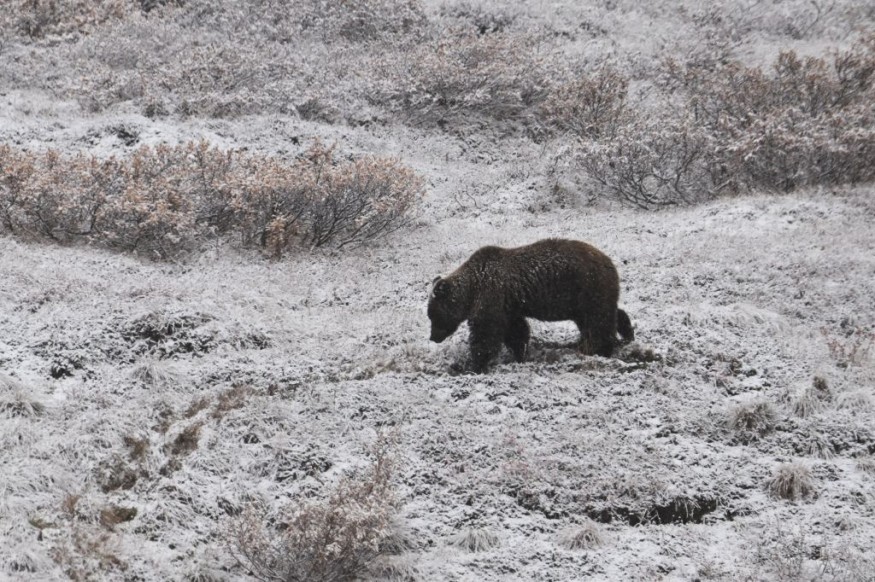
A grizzly bear attack killed two humans and their dog in Canada's Banff National Park.
Parks Canada stated in a statement that a GPS tracker alerted them late Friday to a bear attack in the Red Deer River Valley west of Ya Ha Tinda Ranch of the park.
According to the authorities, the bear was later euthanized after displaying hostile tendencies.
Aggressive behavior
The couple has not yet been identified but "loved the outdoors and were inseparable," according to a family member.
"They lived for being in the backcountry and were two of the most cautious people I know. They knew bear protocol and followed it to a tee."
The common-law couple checked in daily while in the backcountry, including on Friday at 5 p.m., when they sent a notification that they had arrived safely at camp in the Red Deer River Valley, an area of steep cliffs and rugged terrain west of Ya Ha Tinda Ranch.
Later that night, park personnel got a distress call from a satellite device requesting assistance following a bear attack. A specialized crew for dealing with wildlife attacks was quickly summoned; however, they were impeded by bad weather and were unable to use a helicopter.
The squad hiked all night and arrived at the secluded campsite around 1 a.m. Saturday, where they discovered the couple and their dog had been killed by the bear.
The bear was exhibiting "aggressive behavior," and Parks Canada killed it "to ensure public safety." Hours later, the RCMP arrived to bring the victims to Sundre, a town approximately 50 miles east of the attack.
"This is a tragic incident, and Parks Canada wishes to express its sincere condolences to the families and friends of the victims," the agency said in a statement.
Increasing number of animal attack
According to Kim Titchener, the founder of Bear Safety and More and a family friend who teaches bear protection and bear assessments, such encounters are becoming more common as people spend more time outside, although fatal attacks are extremely rare.
"It's really just the reason why we're seeing more attacks, which is more people heading outdoors and unfortunately not being educated on this," she said in an interview.
Bear sightings increase in the autumn as bears become more active in their search for food before hibernating during the chilly winter months.
Banff National Park, which receives over four million visitors each year, is home to both grizzly and black bears.
Titchener stated that there are approximately 60 grizzly bears in Banff National Park, which is considered a threatened population in Alberta.
The killing incident was the first within the borders of Banff National Park in over a half century; however, the region had a run of assaults by the "Black Grizzly of Whiskey Creek" in the summer of 1980, one of which was fatal.
According to experts, bears often leave the area after a "defensive" attack, including when surprised by humans. When the Parks Canada team came, the bear was still with the victims.
Predatory attacks are quite uncommon.
Biologists will conduct a necropsy on the bear, and Parks Canada will conduct a forensic investigation to discover what happened to the victims.
Related Article : How To Survive Grizzly Bear Attack: Simple Tips that Will Keep You Alive
© 2025 NatureWorldNews.com All rights reserved. Do not reproduce without permission.





